We’ve all been there. You’re ready to make the most delicious Ginger Molasses Pizzelles or Apple Cinnamon Muffins. All of your ingredients are lined up and you may have even mixed the wet ingredients together.
You have your dry ingredients ready to go and even started mixing and sifting them together...when you realize you’re out of baking soda or powder. Ouch!
These ingredients are huge factors in leavening in recipes, forcing baked goods to rise and often giving beautiful fluffy textures in the process. Unfortunately, they are also often irreplaceable depending on the recipe on hand.
Today, we’re exploring the differences between baking soda vs. baking powder and finding some solutions if the recipe calls for one and you find yourself short.
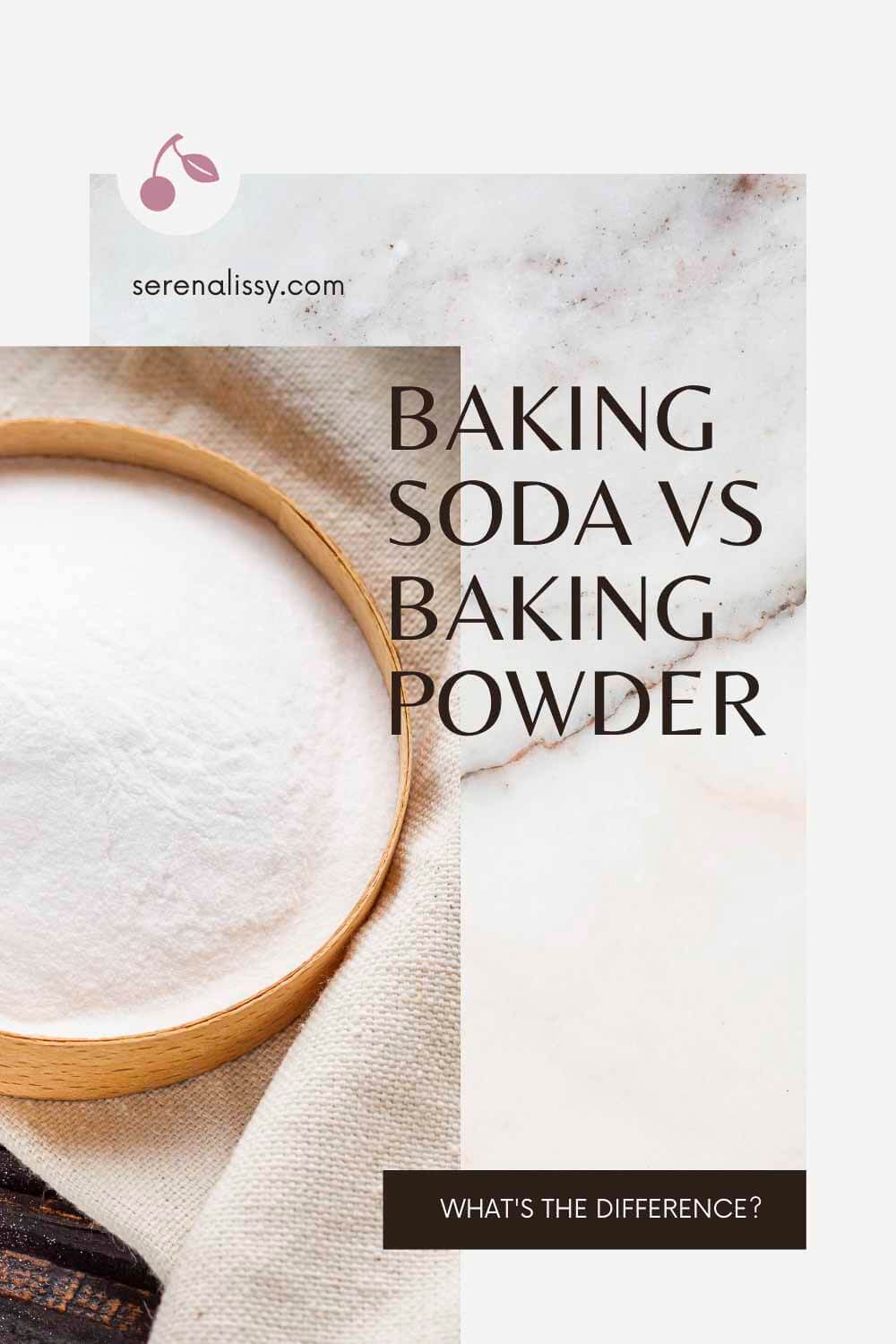
Baking Soda and Baking Powder as Chemical Leavening Agents
Why do we use baking soda and powder in recipes? Well simply, many recipes would literally fall flat without them.
Baking powder and baking soda are chemical leavening agents that release carbon dioxide gas within your bakes. These carbon dioxide bubbles creates a rise in each bake as the air is forced out, often inside your mixture, forming small air pockets and "fluffy" or "airy" textures.
The key differences between the two are on a chemical level.
The Chemical Makeup of Baking Soda
Baking soda, also known as sodium bicarbonate or bicarbonate of soda, is a simple chemical compound. It is a solid, white compound that is most frequently used in fine powder form. In chemistry terms, the compound is considered a basic salt, the opposite of acidic.
So what does all this science mean in terms of baking? Well, baking soda will react to acids included elsewhere in a recipe to create a chemical reaction of carbon dioxide gas. This gas gets released into pastries and other bakes, forcing a rise and creating delicious pockets of air out of the oven. Yum!
The Chemical Makeup of Baking Powder
Baking powder is very similar to baking soda. Baking powder is actually baking soda, with an additional acidic ingredient. This is why research into baking powder can be confusing, as you’ll often find answers related to the exact same sodium bicarbonate reaction.
However, unlike baking soda, baking powder comes "pre-packed" with its own additional acids. The sodium bicarbonate won’t react with this acid until the entire mixture is wet.
Additionally, there are two types of baking powder to look for. The first is a continuous or single-acting baking powder. This version holds only one kind of acid and therefore reacts continuously or once when the mixture is made wet with other ingredients.
The other type of baking powder is double acting or multiple-action baking powder, which contains more than one additional powdered acid. Typically, these acids are very different from each other. The sodium bicarbonate will react with one acid at lower temperatures, and again with the second acid at higher temperatures during the bake.
All of this science means that there are many different options out there to get the perfect texture in your baking adventures!
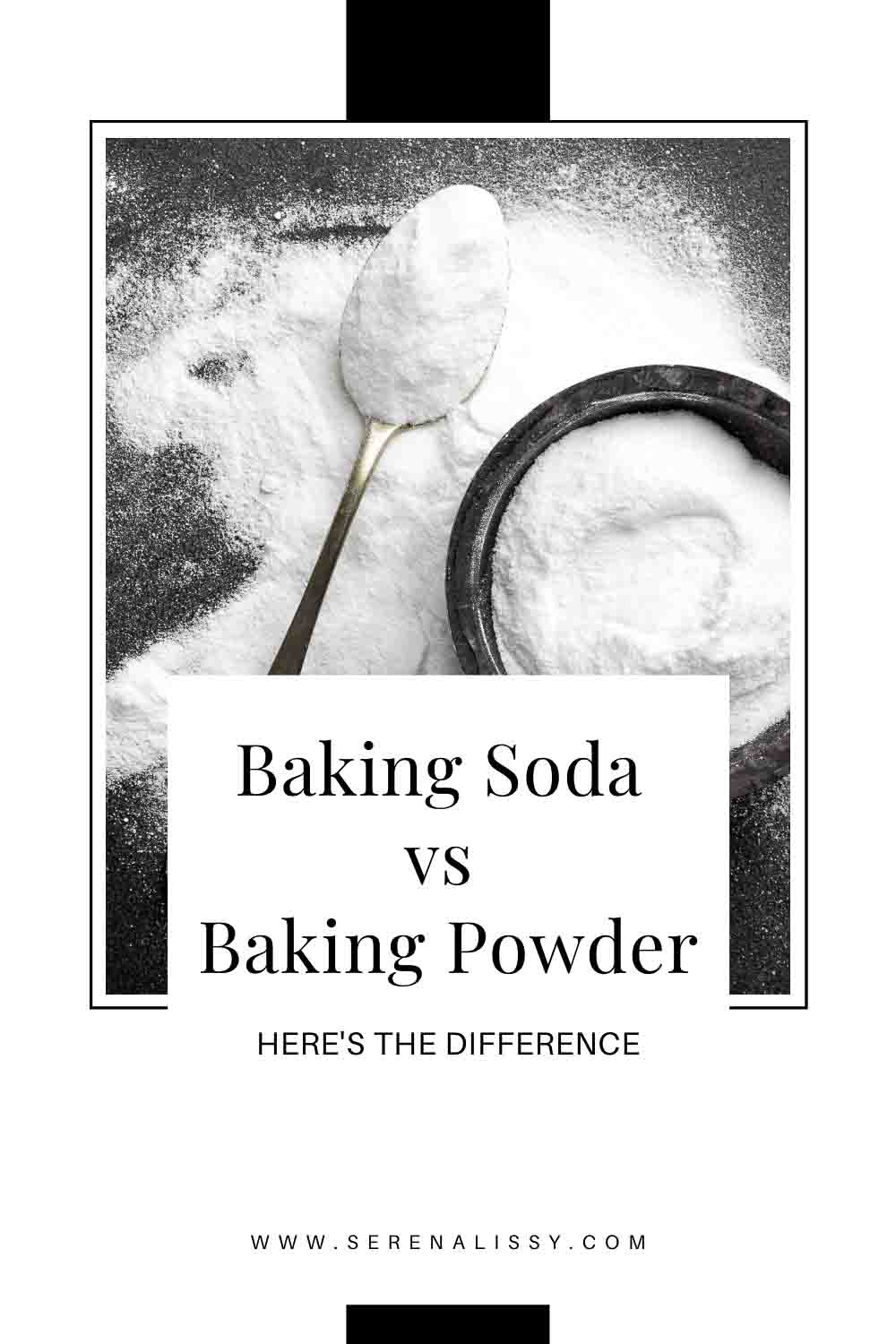
Using Baking Soda vs. Baking Powder
Great, so we’ve sloughed through the science-heavy portions. Heavy! How does this help us determine when to use baking soda vs. baking powder? Most recipes clarify when to use baking soda or baking powder, and this typically shouldn’t be messed with.
However, knowing why each recipe chooses one over the other can be extremely helpful when adjusting recipes. Sometimes we don’t like how fluffy things turn out, or we can tell that our heavy mixing will need a bit more lift before going into the oven.
Typically, baking soda is used in recipes in which acidic-heavy other ingredients will also be used. Common acids used in recipes include lemon juice, brown sugar, yogurt, and more.
On the other hand, baking powder is most commonly used in recipes that do not innately have acidic ingredients. This includes biscuits and pancakes.
Mixing these situations up is a common way to get flat or runny ingredients. You probably had too much or too little acidity available to mix with your sodium bicarbonate.
Substituting Baking Soda and Powder for Each Other
Alright, obviously replacing baking soda for powder or vice versa isn’t going to work out for us. But is there a way to make this work without a trip to the grocery store?
You may have heard that one tablespoon of baking soda can be replaced by three tablespoons of baking powder. And this is true!
According to ThoughtCo’s scientific article exploring these substitutions, baking powder can be used as a baking soda replacement in higher quantities because the powder still contains sodium bicarbonate. Larger amounts will be needed since the acidic ingredients in baking powder make it a less potent of a crystal. But sometimes that much baking powder will result in a bitter taste or metallic taste in your final product.
What about the other way around? Baking soda can be used as a replacement for baking powder when mixed with cream of tartar. You’ll want to add two parts cream of tartar for one part of baking powder. But as a good rule of thumb, I'd stick to what the recipes call for.
Replacing Baking Soda and Baking Powder at Home
Looking at the background we already explored, these alterations can make sense! You’ll need to compensate for needed acidity in baking powder and need additional help in sodium bicarbonate when replacing baking soda.
Keep in mind that replacing baking powder with baking soda and cream of tartar is more preferable to replacing baking soda. This is because the additional ingredients in baking soda can harm the taste of a baking powder recipe.
However, some folks even prefer to make homemade baking powder since they can have greater control over what goes into the powder and reduce aluminum intake.
Don't Forget These Expire
I never forget to replace my baking powder and baking soda because I know they're not only important for taste, but also so that my baked goods get a good rise and don't come out flat. I keep these for a maximum of three months once I open the package. An easy way to remember to replace them is to write the expiration date on the top of the box or can when you open it, and then I make sure to replace them within 90 days.
Baking Soda and Baking Powder At Home
No matter the bake you like best or excel in, it’s a great idea to keep both baking soda and baking powder available at home. You never know when a new recipe like our Chocolate Rum Banana Bread will come along to entice you!
But if you have to go without, keep an excess of baking powder on hand to replace baking soda. And hey, a bit of cream of tartar doesn’t hurt either. Explore more of our delicious recipes and our Top 10 Baking Tips to help you excel in your bakes!
As an Amazon Associate and member of other affiliate programs, I earn from qualifying purchases. What that means is if you click on one of our affiliate links, they may toss a few pennies our way for a commission.
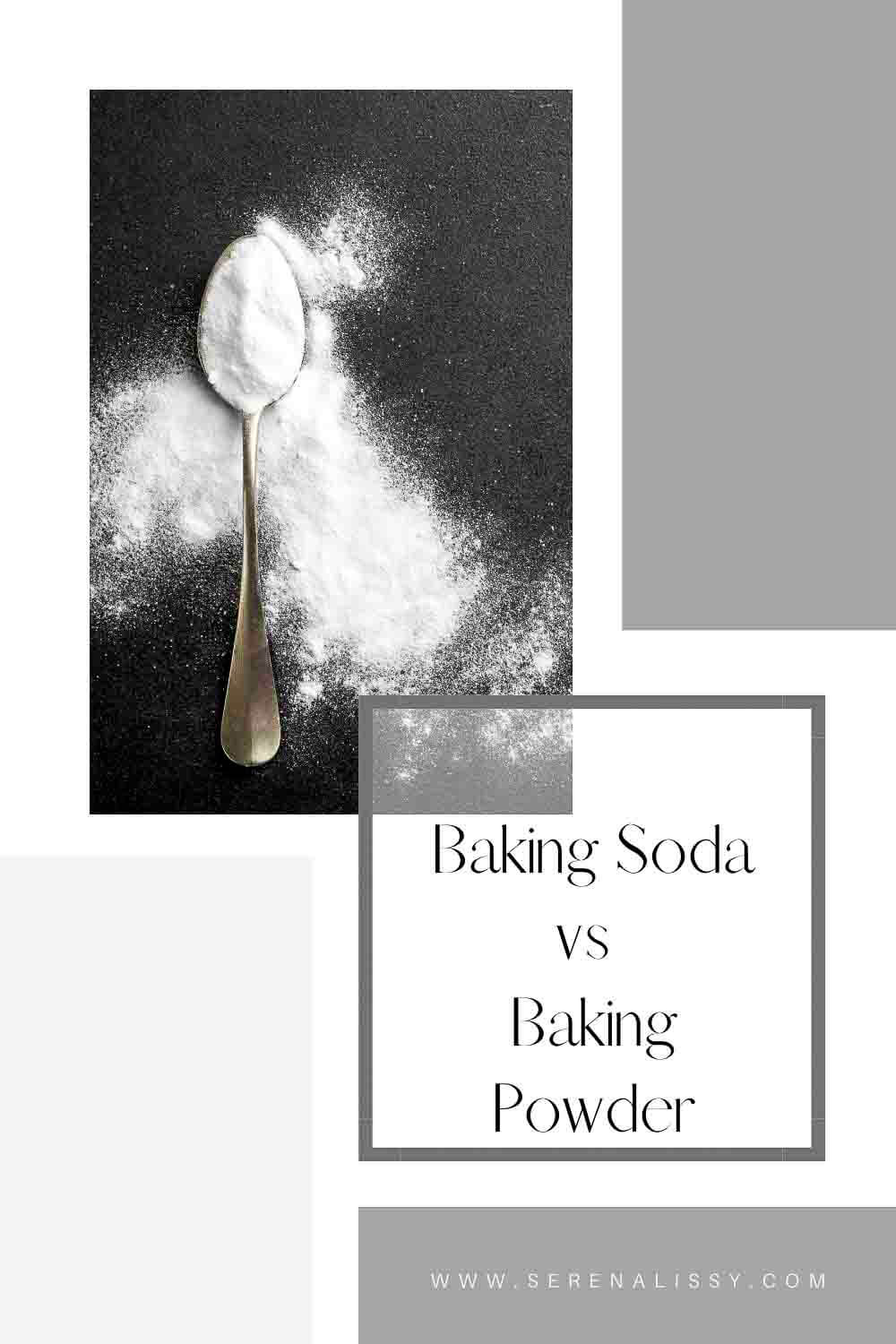
Looking For More Recipes?
Subscribe to my free newsletter to get new baking tips in your inbox monthly. Find me sharing new recipes and tips on Pinterest, Instagram, or Facebook.


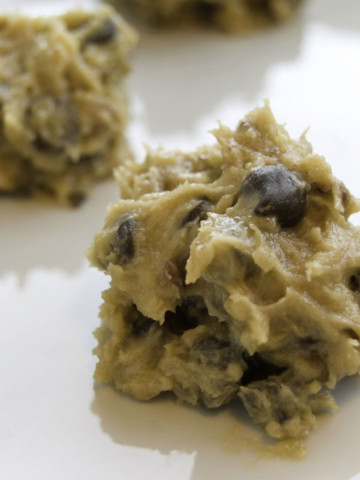
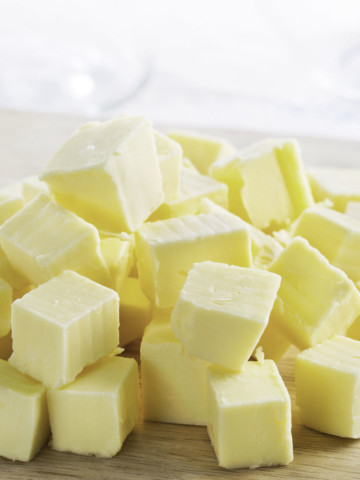
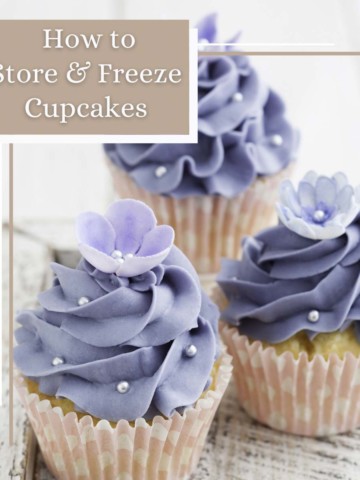

Ramona says
Very good, informative post. Thank you soo much for sharing this info with us. I’ve learned quite a few bits reading this.
serena says
Thanks Ramona!
Kim says
Such a great, informative post! I've been trying to reduce the number of times I go to the grocery store and this is going to come in very handy. Thank you!
serena says
Thanks Kim!
Brianna May says
This was so helpful! Thanks for all of the info.
serena says
Thanks Brianna 🙂
Kristina Tipps says
Every time I bake I wonder, do I need both, one, and why? This is a really useful article and it explains my questions well. I didn;t realize I needed to replace them every 3 months, so thanks!
serena says
Thanks Kristina!
William Wagner says
I never knew the difference between baking soda and powder. I use A LOT of baking soda at work (oil rig) to treat cement contamination in our drilling fluid, but wasn't sure how it differs from powder. Thanks for clearing it up!
serena says
Well that's a whole other way to use baking soda I would of never thought of!